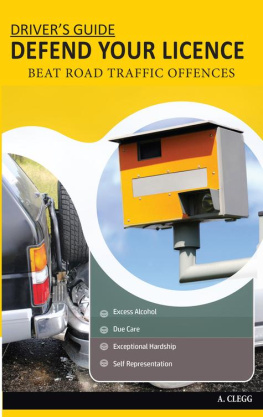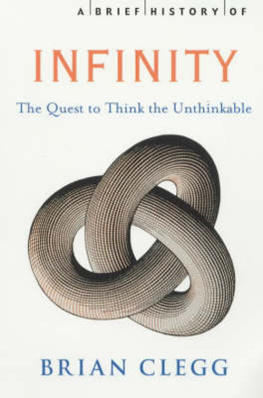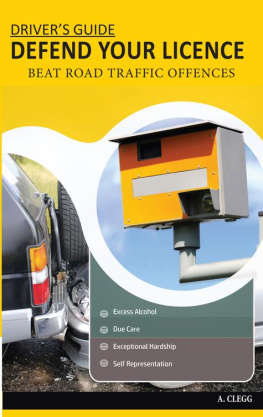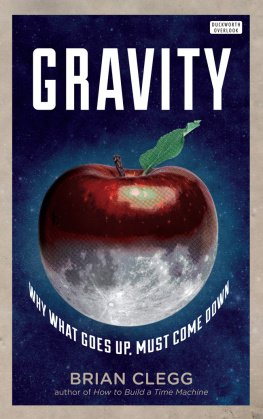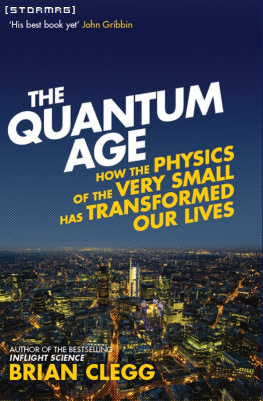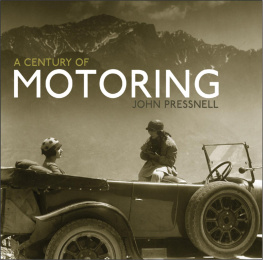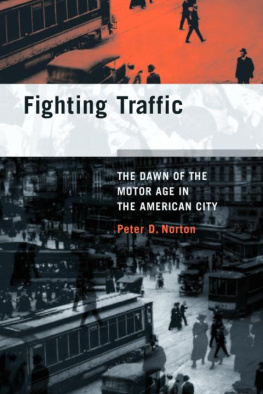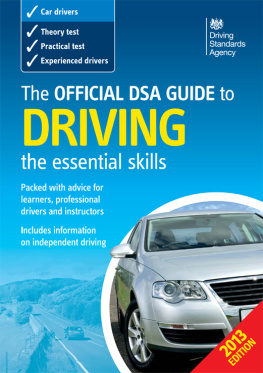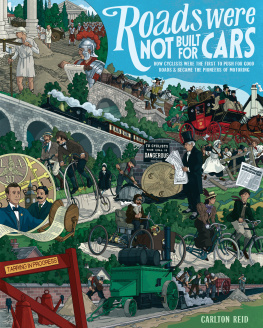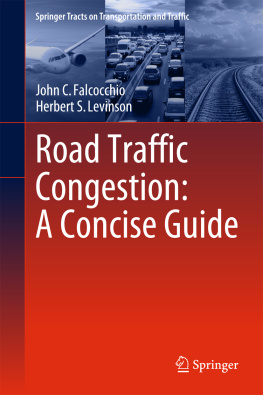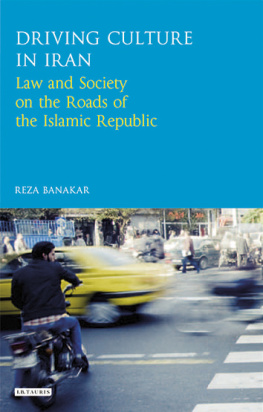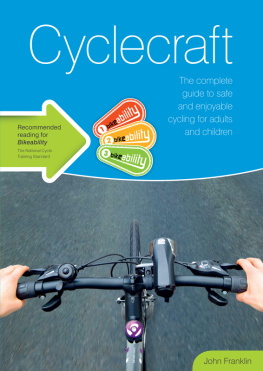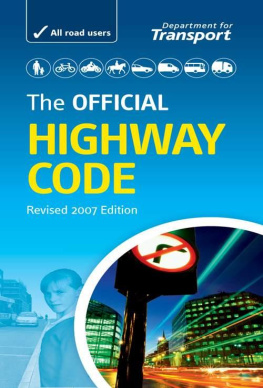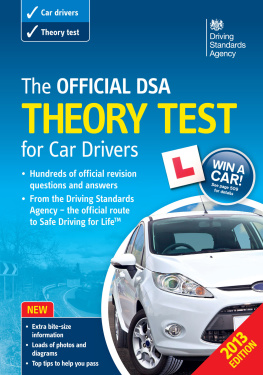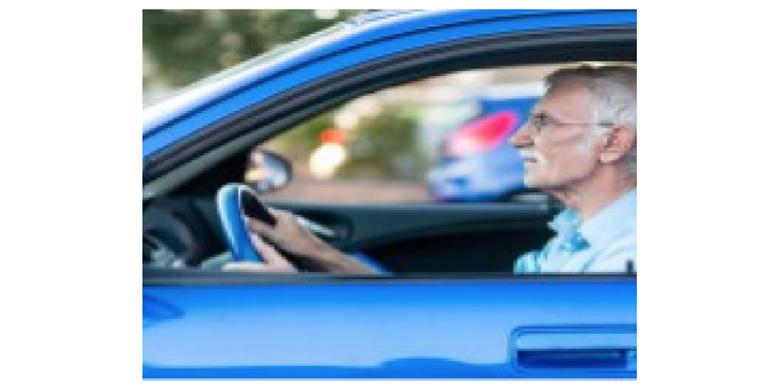This book is intended to be a practical and helpful guide to general motorists. Since setting up my business in Road Traffic Defence people have been asking questions about motoring law. It is apparent from their questions that many make decisions about whether to accept a fixed penalty ticket or a summons based on misconceptions, many of which are wrong e.g. the police will not prosecute below 10mph over the speed limit.
I have researched readers views of the very few road traffic guidance books available and it is clear that readers want a combination of both accurate law and a simple clear guide as to how to deal with the matter if they wanted to represent themselves at any stage. They want to know how to fight a case if necessary.
Whilst some circumstances will warrant instructing specialist lawyers, such as my firm, Auriga Advocates Ltd, it is the more expensive option and is more appropriate for those with the money and motivation to pay someone to represent them. For example, if an individual was likely to be disqualified or may, if they attended court, lose money in their time, and thus it is more cost effective to pay a lawyer to represent them.
The reality is that there are many prosecutions which are unjustified and merely accepted by motorists. The system is now prosecuted by the police who in some areas offer advice to the defendant, thus playing the role of prosecutor and defender. The police will undoubtedly have targets, one of which will be the early disposal of a case i.e. plea and dealt with on the first hearing. In my view there is a clear conflict and I would question the independence and the quality of the advice being given as a result It appears to me that most defendants will take the advice, firstly because it is free and secondly because they do not think that the police would mislead them. In my view, it is in the interests of the police to persuade a defendant to plead guilty, and from my own experience at court they do not advise defendants to seek independent legal advice, even when defendants are expressing concern about the advice being given.
It is important to understand the disparity between the prosecution and the defence in these circumstances, because whilst the prosecution can approach defendants to give them advice, the defence cannot, and have to wait until they are approached. Even if we were to overhear the wrong advice being given by a prosecutor, we could not approach that defendant offering to provide him with the correct advice.
I feel that motorists are poorly guided and represented. Their position is getting more and more onerous as the government authorises the issuing of fixed penalty notices for more offences, i.e. driving without due care and attention (August 2013) quite wrongly, in my view.
As the roads get busier and more regulations are brought in and enforced, the motorist will suffer if they do not improve their legal knowledge.
You will have heard of Mr Loophole; in my view there are very few loopholes. It is the practice of understanding the law, testing the prosecution evidence and preparing a thorough defence which can result in getting you off an offence. Often it is the lack of following procedure which provides a way out of an offence for a motorist, and the only way of testing this is to get disclosure of the evidence, which is all too often too little in motoring offences, as the prosecution only provide basic disclosure.
I hope that by reading this and retaining it as a reference you will be better equipped to deal with motoring issues which you may face; and if after reading it, you feel you would benefit from some legal advice, contact Auriga Advocates for free no-obligation advice or a specialist of your choice.
I hope you enjoy my book and I wish you happy and prosecution-free motoring.
Andrea Clegg
Senior Solicitor/Managing Director
Auriga Advocates Ltd
www.roadtrafficdefencelawyers.co.uk
Table of Contents
- Public Authorities
- Private Companies
- Defences
- Appendices
National Drivers Improvement Scheme
Many motorists are offered driver improvement courses as an alternative to prosecution for certain offences.
Motorists may be offered one of the following courses:
1. Speed Awareness
2. Driver Alertness
3. Whats Driving Us
4. Driving4Change
Each course is offered in a case at the discretion of a police officer who follows ACPO (Association of Chief Policers) Guidelines issued in 2012 known as NDORS, which stands for the National Driver Offender Retraining Scheme. These are all offered as an alternative to prosecution, unlike the Drink Driver Rehabilitation Course which is specifically offered to convicted drink drivers.
The concept of driver retraining was introduced by Dr P North as far back as 1988, but not adopted by the government until much later. Dr P North believed that there was little evidence to show that punishing offenders raised standards in motorists driving and that retraining was more likely to bring about improvement in their driving, particularly if the retraining concentrated on the shortcomings in their driving.
This is now reflected in the courses mentioned above which I will deal with in turn.
A speed awareness course can be offered if a motorists speed is within a range of 10% + 2 to 10% + 9 above the speed limit. This does not apply to 20mph speed limit zones. If speed is a key factor in an incident where there has been a collision, a motorist should be offered the Driver Alertness Course.
The course costs 80-100 depending on the course provider. The course runs for 4 hours and is classroom based; however, there is a practical option which can be added which will extend the course to 5 hours.
TABLE OF SPEED LIMIT GUIDELINES FOR RECOMMENDING SPEED AWARENESS COURSE
| Limit | Device Tolerance | Speed Awareness From | To |
| 20mph | 22mph | 24mph | 31mph |
| 30mph | 32 mph | 35mph | 42mph |
| 40mph | 42mph | 46mph | 53mph |
| 50mph | 52mph | 57mph | 64mph |
| 60mph | 62mph | 68mph | 75mph |
| 70mph | 73mph | 79mph | 86mph |
This can be offered to a motorist who is involved in a road traffic accident where there has been a collision and it would justify a S3 (driving without due care and attention or inconsiderate driving (post)) prosecution. The decision to offer the course should be made on the failing in the motorists driving, and not the consequences of that failing, although there is some consideration to the consequences if they are so serious that they would justify a prosecution i.e. life threatening injuries, fatality or permanent disability.
The course costs 125-200 depending on the course provider. The course runs for 6 hours and includes both classroom and practical driving sessions.
This course can be offered where a motorist makes an act or omission in driving which does not involve a collision. The aim is to correct the mischief, intentional or deliberate act done by the motorist. It is for offences such as using a mobile phone whilst driving, or not being in a position to have proper control, which might attract this sort of course. If there is a high risk of a collision or harm then the police are unlikely to offer this course.

